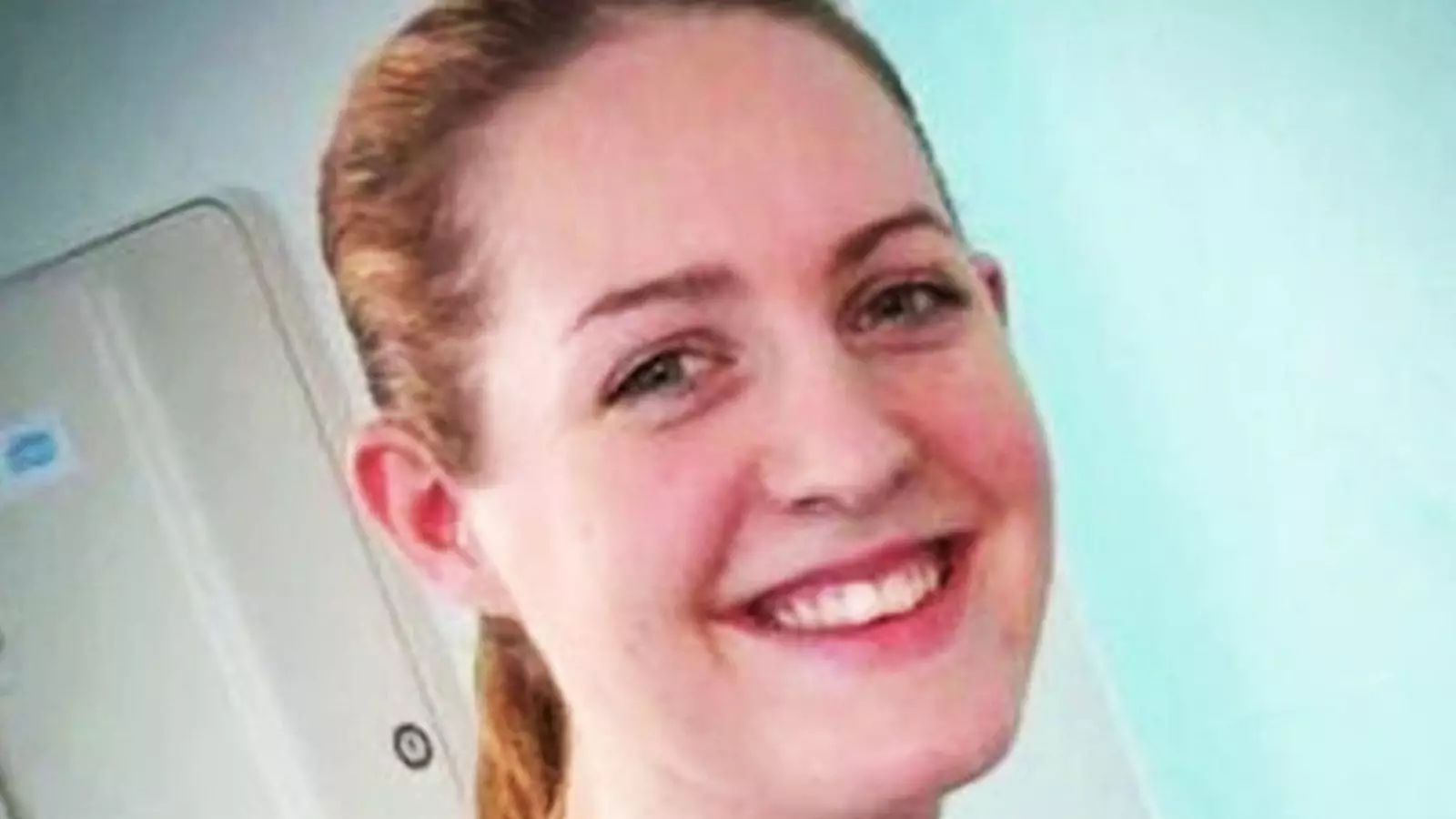The devastating saga surrounding Lucy Letby, a neonatal nurse who fatally attacked infants in her care, has exposed severe deficiencies in healthcare oversight and accountability. Letby’s actions, which took place between June 2015 and June 2016, led to her being sentenced to 15 life terms for multiple murders and attempted murders. As the Thirlwall Inquiry digs deeper into the operations of the Countess of Chester Hospital, it has come to light that a failure to act on growing suspicions and concerns allowed these tragic events to unfold. The inquiry raises critical questions about the systemic flaws in safeguarding practices and the ineffectiveness of communication between hospital leadership and families of patients.
At the heart of the inquiry, Tony Chambers, the former chief executive of the Countess of Chester Hospital, has come under scrutiny. In December 2016, during discussions on the allegations concerning his daughter, her father displayed alarming anger and made threats to hospital authority. This behavior not only exemplified a breakdown of civil discourse, but it also highlighted the emotional turmoil faced by families when confronting such grave accusations. Mr. Chambers voiced profound regret, acknowledging the impact that the hospital’s failure to respond appropriately to warning signs had on the families, stating his sorrow for the prolonged suffering that might have resulted from decisions he made in good faith.
Chambers articulated the necessity of better management and oversight; however, he distanced himself from personal responsibility, suggesting that the failure was organizational rather than individual. Yet, this raises uncomfortable questions about the accountability of hospital leadership. When environments are established that allow for such emotional outbursts, the ripple effects on patient safety and organizational integrity become evident. The pressure exerted by family members should never outweigh the imperative to protect vulnerable lives.
Health System Oversight: A Broken System?
The inquiry is scrutinizing why alarms raised by senior physicians went unanswered for an alarming duration. It underscores the rampant inadequacies in institutional response mechanisms in healthcare settings. Whistleblower concerns about Letby were ignored for too long; only after a spate of unfortunate incidents did the NHS trust escalate the matter to law enforcement in 2017. This raises critical implications for the healthcare system overall: If professionals’ warnings are disregarded, how can trust be built in patient care? How do we ensure that such catastrophic oversights are prevented in the future?
Chambers acknowledged that the operation of the trust’s systems failed and that opportunities were missed, reflecting on the need for improved protocols to flag abnormal rises in mortality rates. In examining these systemic flaws, it becomes clear that hospitals must institute transparent procedures that foster not only accountability but also vigilance.
An essential component that came to light during the inquiry is the communication gap between hospital staff and affected families. Chambers pointed out that the conversations surrounding complaints and concerns were starkly inadequate. Families of patients deserve timely and transparent communication regarding incidents, especially in life-and-death situations involving their progeny. Transparency can bridge the gap in trust and may prevent feelings of isolation among families grappling with grief and uncertainty.
The essence of healthcare is built on relationships, and when trust disintegrates, the implications extend beyond administrative failures; they manifest as real harm to patients. Both Chambers and Alison Kelly, Letby’s former boss, seemed to agree on the necessity of enhancing communication with families, highlighting a collective recognition that these systems can and should evolve to prevent future tragedies.
The unfolding of the Lucy Letby case serves as a harrowing reminder of the ethical responsibilities entailed in healthcare roles. The inquiry sheds light on substantial flaws—not only in the individual actions of those involved but also within the institutional frameworks designed to safeguard patient safety. As the examination of events proceeds, it urges an introspective look at existing protocols and a strengthened commitment to systemic reform. The healthcare industry must reflect deeply on these revelations, focusing on personal accountability and systemic changes, to create an environment where patient safety is unequivocally prioritized. The trauma experienced by the victims’ families should serve as an enduring catalyst for meaningful change.


Leave a Reply